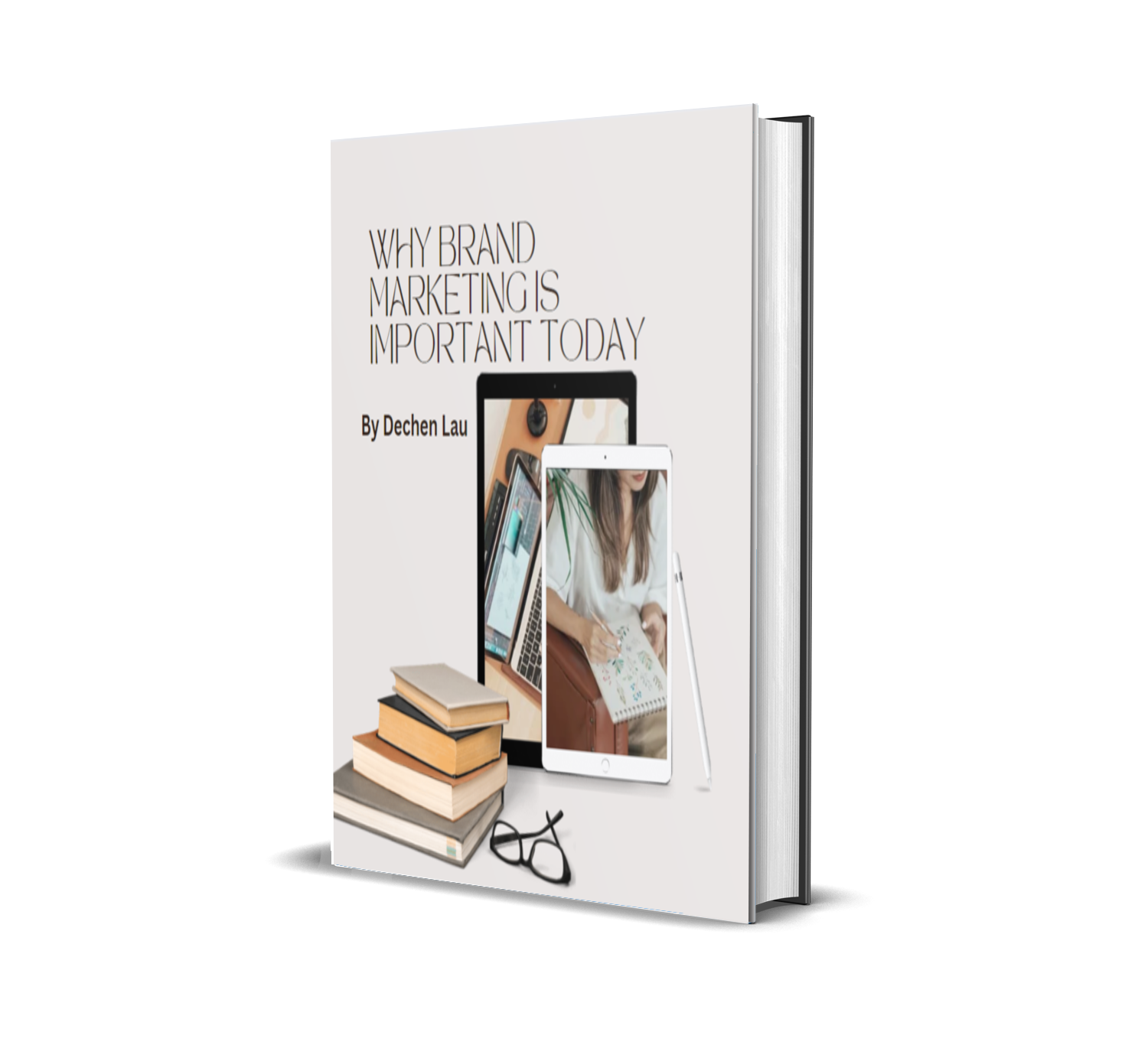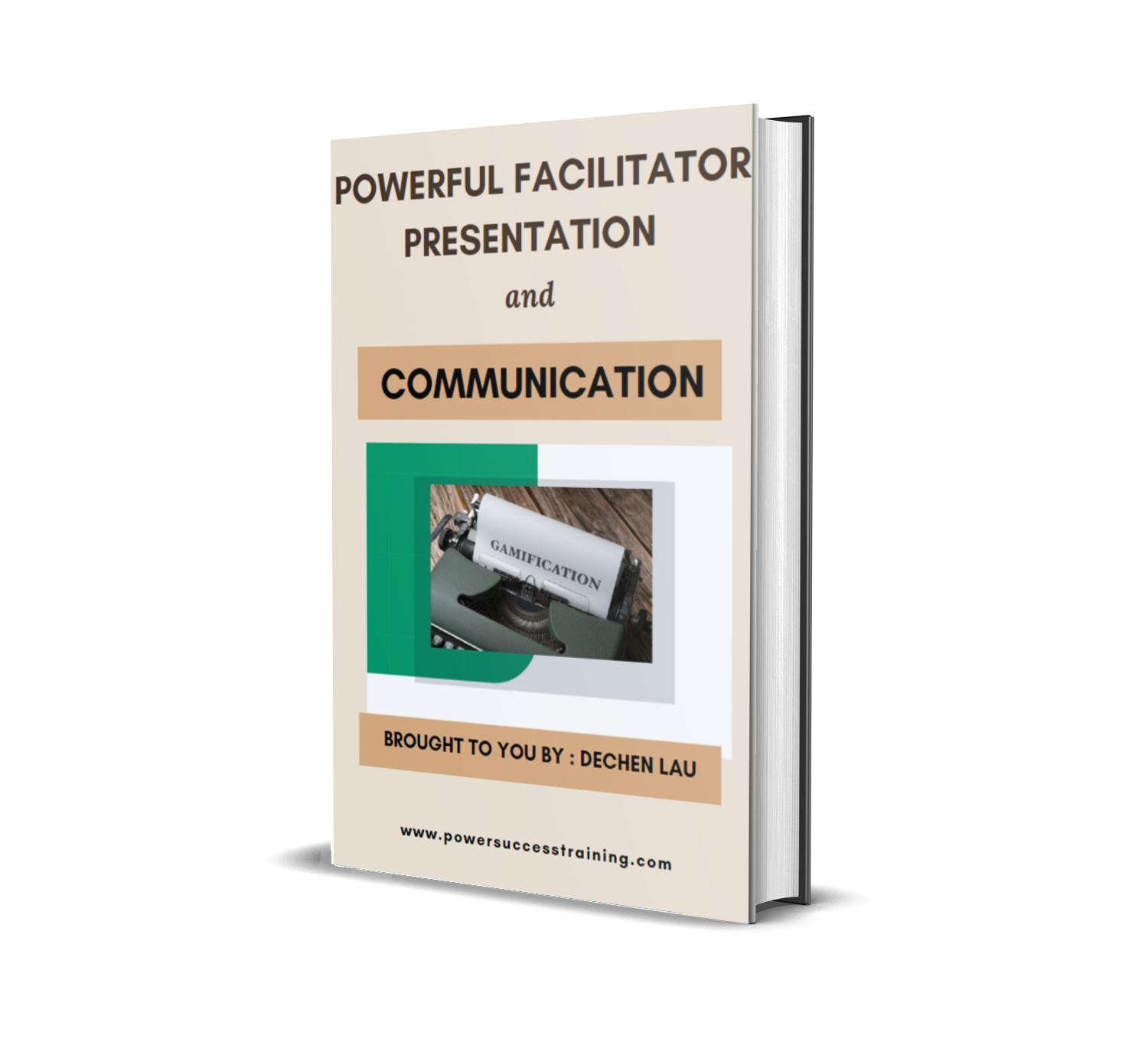Michael S. Hart established Project Gutenberg in 1971, making it one of the first digital libraries ever. This initiative, named for the printing press’s creator Johannes Gutenberg, was started with the goal of ensuring that everyone, regardless of location or financial situation, could access literary works.
Key Takeaways
- Project Gutenberg is a digital library offering over 60,000 free ebooks, including many classic works of literature.
- Access Project Gutenberg through its website, where you can search for specific titles or browse through different categories and languages.
- Explore a diverse collection of free ebooks, including fiction, non-fiction, poetry, and reference works, all available for download in various formats.
- Discover popular genres and authors on Project Gutenberg, from classic literature by Jane Austen and Charles Dickens to science fiction and mystery novels.
- Find hidden gems on Project Gutenberg by using advanced search options, exploring curated bookshelves, and seeking recommendations from fellow readers.
More than 60,000 free e-books are now part of the project, which started with the digitization of the US Declaration of Independence. For both readers and scholars, this extensive collection is a goldmine since it spans a wide range of genres, languages, & formats. Project Gutenberg’s goal is based on the idea that everyone should have free access to knowledge. Its dedication to offering public domain texts free of charge and registration requirements reflects this philosophy. The website is a resource for historical records, educational materials, and cultural artifacts in addition to being a storehouse for classic literature. Project Gutenberg continues to play a crucial role in the democratization of information as the digital landscape develops, guaranteeing that the written word is conserved and accessible for upcoming generations.
The process of accessing Project Gutenberg is simple & doesn’t require any additional software or subscriptions. Visitors can access the official website at www.dotgutenberg.dot org, where they are met with an easy-to-use interface. The homepage has a number of sections, such as links to well-known titles, browsing categories, & a search bar. Because of its intuitive layout, readers can easily locate what they’re looking for or come across new works that catch their attention.
Project Gutenberg provides multiple ways to browse its vast collection for those who would rather take a more methodical approach. Users can easily find specific works or delve into particular genres by browsing by author, title, or subject. To make sure that users are always aware of important titles, the website also offers carefully curated lists of well-known books and new releases. Project Gutenberg also allows users who are tech-savvy to download ebooks in a variety of formats, such as plain text, HTML, ePub, Kindle, and PDF.
This adaptability enables readers to select the format that best fits their devices and reading preferences. A vast & varied collection of literary works from many cultures and eras can be found at Project Gutenberg. Classic books, poetry, historical records, and reference materials are all available to users. The library’s emphasis on public domain literature makes it strong, meaning that many of the books it has on hand are classics. Literary greats like Jane Austen, Mark Twain, and William Shakespeare, who have all made important contributions to the canon of literature, are available for readers to immerse themselves in.
Along with well-known writers, Project Gutenberg offers lesser-known works that might not be easily found elsewhere. This feature of the collection promotes inquiry and learning, enabling readers to find undiscovered treasures that might otherwise go unnoticed. By digitizing works from different cultures and languages, the platform demonstrates its dedication to inclusivity and makes texts that represent a wide range of viewpoints and experiences accessible. An unmatched resource for literary exploration is provided by Project Gutenberg, regardless of whether one is looking for a classic story or an obscure manuscript. There are many different genres in Project Gutenberg’s collection, so it can accommodate a broad range of reading tastes.
Fiction, poetry, drama, and non-fiction are some of the most widely read genres. The classic novels “Pride and Prejudice” by Jane Austen and “Moby Dick” by Herman Melville are available for fiction lovers to enjoy. Dramatic fans can find plays by Anton Chekhov & Shakespeare, while poetry lovers can read the writings of Emily Dickinson or Robert Frost. The list of authors featured on Project Gutenberg is impressive and includes works that have influenced the literary world.
The works of Virginia Woolf, Leo Tolstoy, and Charles Dickens are available to readers in addition to the previously mentioned authors. Along with historical figures like Benjamin Franklin & Thomas Jefferson, the platform also includes works by prominent philosophers like Friedrich Nietzsche and John Stuart Mill. Project Gutenberg offers something for everyone thanks to its diverse range of authors and genres. Project Gutenberg contains a multitude of lesser-known works that are regarded as hidden gems in addition to many well-known classics. There are various methods that readers can use to find these gems.
Looking through the website’s “Top 100” list is one efficient way. In addition to well-known classics, this list of the most downloaded books on Project Gutenberg frequently features lesser-known works that have attracted user attention. A different strategy is to make use of the website’s advanced search function. By narrowing down the results according to language, genre, or publication date, readers can find original works that suit their interests.
Exploring particular collections or categories can also yield surprising discoveries. For example, perusing the “Children’s Literature” section might turn up endearing tales that have been lost to time. Reading user-curated lists or participating in community forums can also reveal hidden treasures that are worth discovering.
The easy process of downloading e-books from Project Gutenberg is made to work with a variety of reading devices and preferences. After deciding on a book they want to read, users can choose their favorite format from a list of options. The formats include PDF for those who prefer printed layouts, Kindle for Amazon devices, ePub for compatibility with the majority of eReaders, and plain text for easy reading experiences. Users can simply click to download the file straight to their device after choosing a format. Also, there are specialized apps that make it easier for people who prefer to read on tablets or smartphones to access Project Gutenberg’s collection.
To improve the reading experience overall, these apps frequently offer extra features like bookmarking and adjustable reading settings. Also, if users would rather read instantly, they can do so right in their web browsers without downloading files. The main sources of funding for Project Gutenberg are donations & volunteer labor from readers who value the organization’s goal of granting free access to literature.
There are several ways to support this initiative, but one is by making a monetary donation to support ongoing digitization projects & website maintenance. Contributions guarantee the library’s continuous expansion & development while safeguarding literary works for upcoming generations. Another effective way to help Project Gutenberg achieve its goals is to volunteer.
Those with expertise in formatting, proofreading, or text digitization can donate their time and time to help grow the collection. More people using this priceless resource can also be encouraged by raising awareness of Project Gutenberg in local communities or educational institutions. Supporters are essential to maintaining the legacy of Project Gutenberg because they promote a culture of knowledge and literature sharing. Free e-books made available by Project Gutenberg are a huge step toward ensuring that literature is available to everyone, regardless of background or ability to pay.
By offering materials that students, teachers, and casual readers can use, this digital library not only conserves classic works but also advances literacy and education. Anyone with an internet connection can still access classic literature thanks to the platform’s dedication to public domain texts. Also, for academics and researchers looking for primary sources for their work, Project Gutenberg is a vital resource. Free access to literary classics & historical records promotes an atmosphere where knowledge can be freely exchanged and investigated.
Project Gutenberg is an invaluable resource for anyone looking to deepen their understanding of literature and culture through free e-books, and it continues to be a beacon of accessibility & inclusivity in the reading world as technology continues to influence how we consume literature.
If you’re looking for free ebooks, you may want to check out Project Gutenberg, a digital library offering over 60,000 Free ebooks. For more information on accessing free ebooks and the benefits of ebook subscriptions, you can read the article “Unlocking Unlimited Knowledge: The Power of Ebook Monthly Subscriptions” on ebookmembership.org.


